
November 03, 2021
Penn Law Should Require Faculty to Disclose Outside Funding Sources, Letter Argues
On November 2, the Revolving Door Project led a coalition of seven organizations in a letter to Penn Law Dean Theodore Ruger. The letter calls on the law school to require its faculty to “clearly disclose any compensation or funding they receive from companies, either direct or indirect (e.g., from a foundation or organization largely funded by a corporation or corporate officer associated with a specific corporation with a stake in the work in question).”
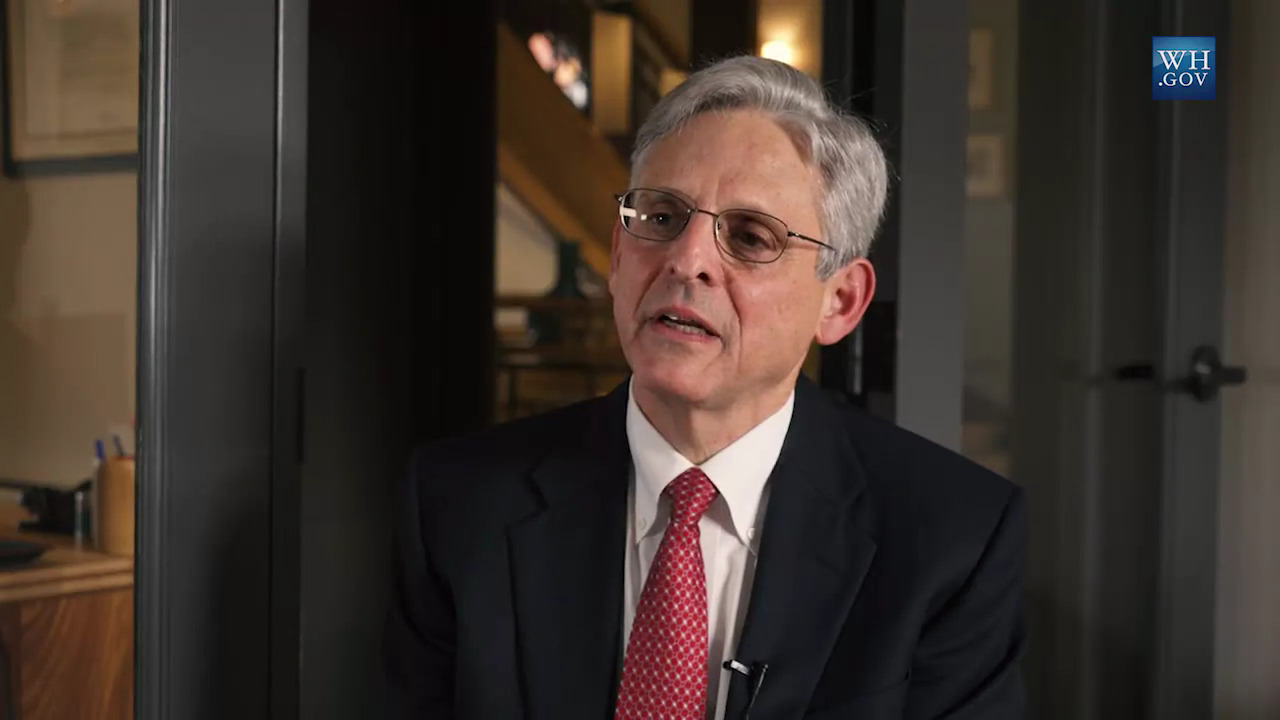
October 20, 2021 | The American Prospect
Who’s Really Running Justice?
It was never a secret that Attorney General Merrick Garland was among the key Biden administration figures opposing Jonathan Kanter’s nomination as assistant attorney general for antitrust. Ultimately, however, Garland did not get his way; the appointment went to Kanter rather than to one of the many Big Tech–allied BigLaw partners whom Garland favored. In view of Kanter’s career as a plaintiff’s lawyer, his nomination was rightly celebrated as a decisive victory by antitrust reformers and BigLaw opponents alike. But it was just one battle in a broader war for renewed anti-monopoly enforcement and a DOJ eager to build back better in every policy area.

October 15, 2021 | Talking Points Memo
The Jan. 6 Committee Has The Right Idea: Now Congress Should Subpoena Zuckerberg
Facebook continues to lie to the public with abandon. That is one of the main takeaways from the Facebook whistleblower’s testimony last week. Even now, having been called out, Facebook is frantically working to obscure and underplay its own dishonesty.
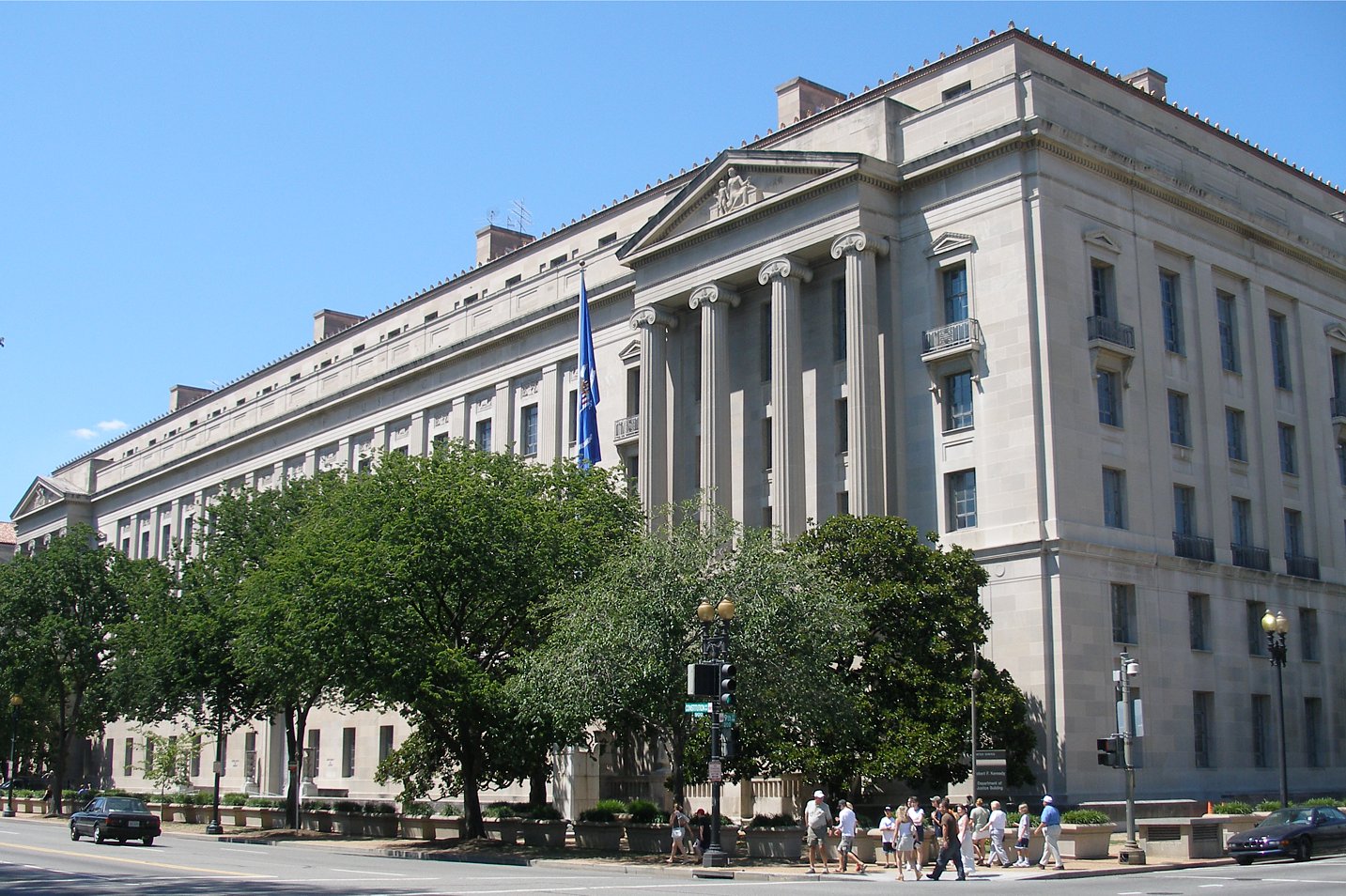
September 30, 2021
Coalition Calls on DOJ to Give Kanter "Sufficient Independence and Discretion"
We write to you as a broad coalition of organizations committed to holding corporations that engage in anti-competitive behavior accountable. For far too long, Washington has sat by as technology industry giants have accumulated monopoly power at the expense of consumers and competitors alike. The nomination of Jonathan Kanter to serve as Assistant Attorney General for the Department of Justice Antitrust Division is a strong step toward turning President Joe Biden’s vision of an open economy into reality.
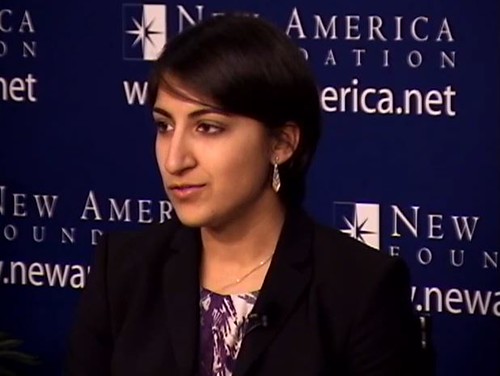
September 16, 2021 | The American Prospect
Closing the Revolving Door in Antitrust
Economic consulting firms hire former officials to undermine antitrust efforts. Here’s how to stop that.
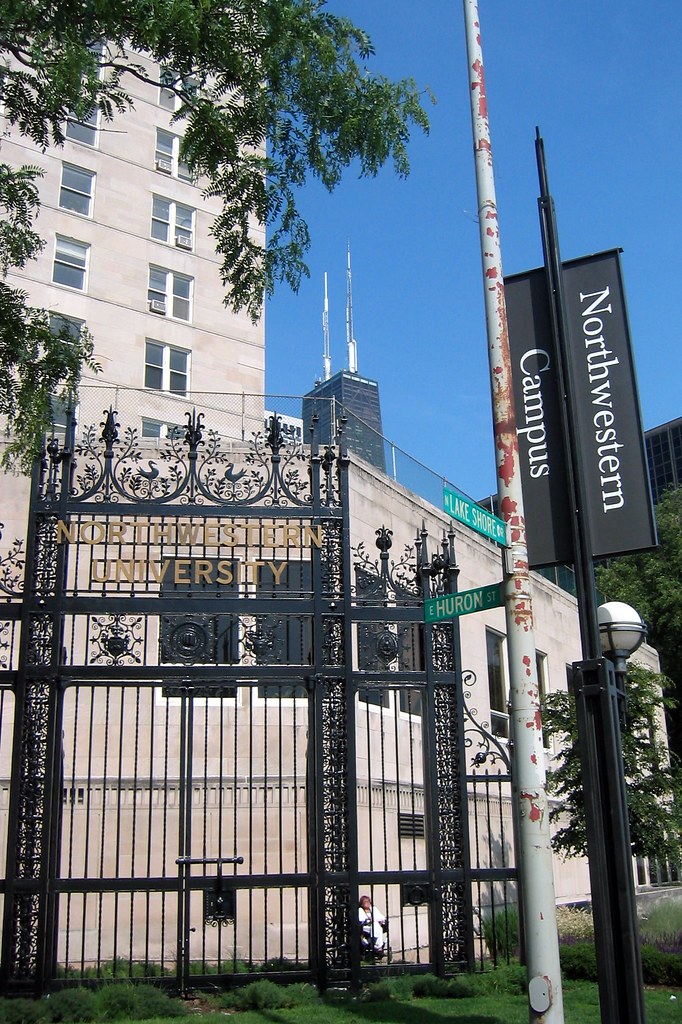
September 09, 2021
Northwestern University Must Change Ethics Regime To Disclose Professors' Big Tech Ties, Letter Argues
The letter calls on the university to implement fair disclosure requirements for its faculty and condemn the unethical practices of former Pritzker Dean Dr. Daniel Rodriguez.

September 01, 2021 | The New Republic
Big Tech’s Attacks on Biden’s Anti-Monopoly Regulators Are a Joke
In a move cheered by progressives and antitrust reformers, President Biden has nominated Jonathan Kanter to serve as assistant attorney general for antitrust. Kanter’s nomination, alongside that of Lina Khan to lead the Federal Trade Commission earlier this year, is the latest sign that this administration is, for the first time in generations, fiercely committed to enforcing antitrust laws. However, this generation’s most notorious monopolies—Amazon, Facebook, and Google—are making it vividly clear that they will try anything to retain their power. That apparently includes lobbing poorly reasoned, transparently bad faith calls for their newly anointed foes to recuse themselves from relevant cases.
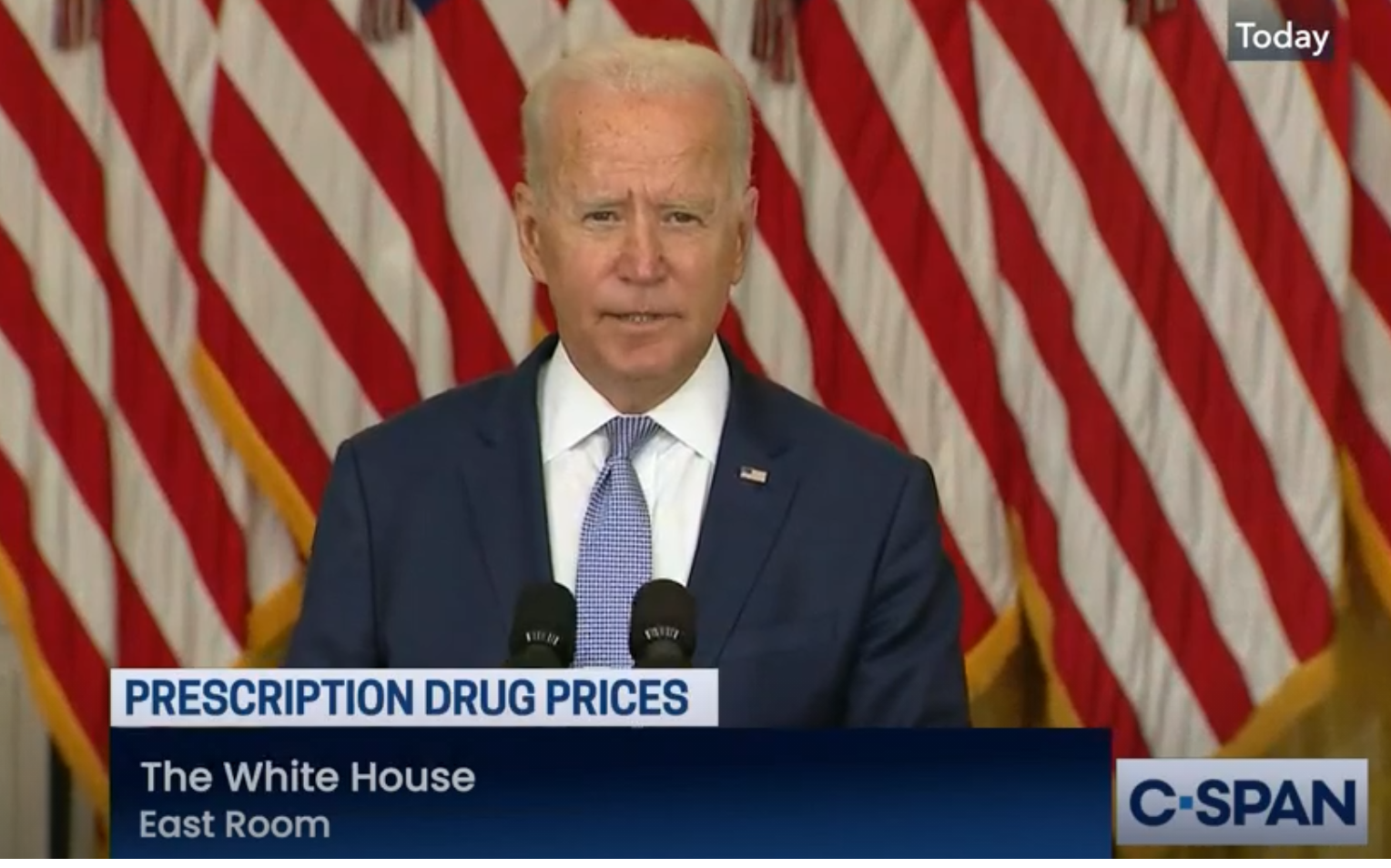
August 16, 2021
Pharma’s Revolving Door Jeopardizes Biden’s Promise To Lower Drug Costs
Personnel vacancies and Big Pharma allies in the Biden administration threaten a landmark executive order on competition.

July 29, 2021
Biden's Executive Order Promises Relief For Farmers. Will It Deliver?
The administration’s staffing vacancies could undermine Biden’s promise to help family farms fight Big Ag monopolies.

July 22, 2021
The Industry Agenda: Big Pharma
In 2019, Gallup found that the pharmaceutical industry was “the most poorly regarded industry in Americans’ eyes,” and rightfully so. Pharmaceutical companies often set drug prices exorbitantly high, including life-saving drugs which patients literally cannot go without, such as insulin. This includes older drugs that are cheaper to produce — such as epinephrine (emergency medication used to treat severe allergic reactions and asthma attacks). These firms achieve this by stifling competition at the consumer’s expense, jealously protecting their money-makers from the generics which the pharmaceutical system is supposed to develop after a patent expires.
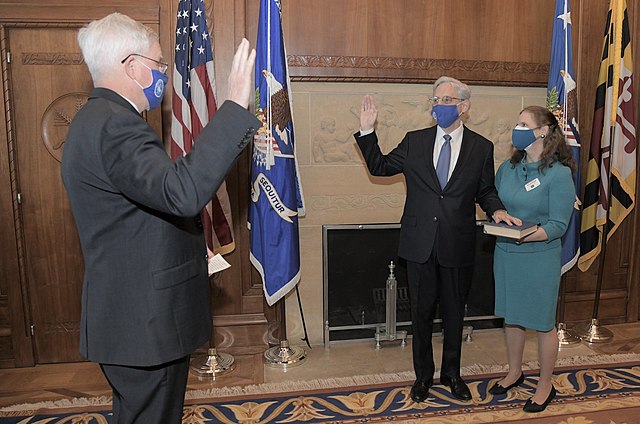
July 15, 2021 | The American Prospect
To Build Back Better, Biden Needs to Promptly Staff the Department of Justice
Numerous positions are vacant, threatening progress in a host of areas.

June 15, 2021
Other Bold Nominees Must Follow Khan To DOJ And FTC
Lina Khan alone cannot bring in a new age of American trust-busting. Biden still has yet to name his assistant attorney general for antitrust halfway through his first year in office.
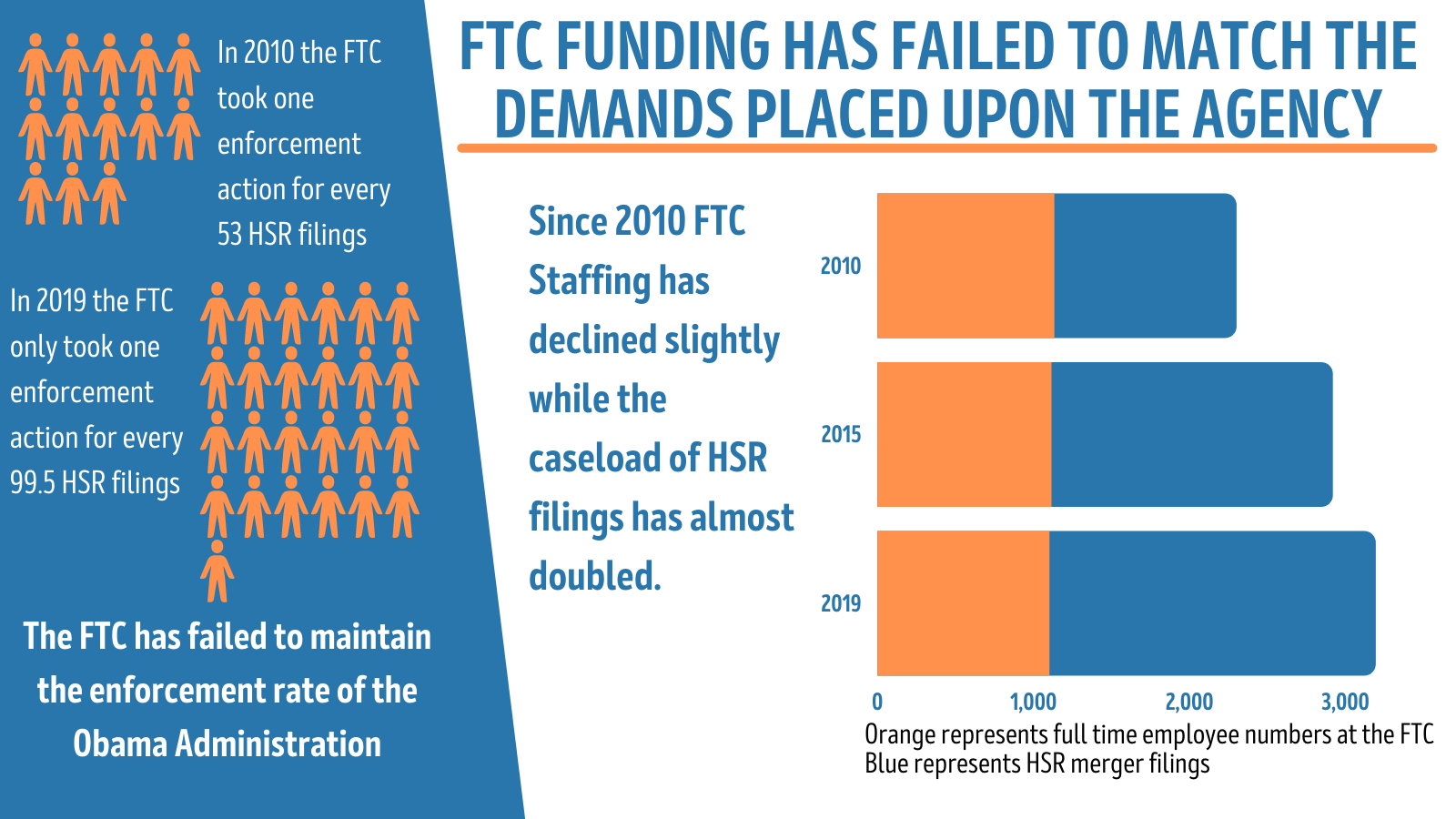
May 28, 2021
Hobbled FTC Lacks Budget To Combat Corporate Buying Spree
Progressives have been encouraged by President Biden’s choices of anti-monopoly leadership in Lina Khan, Tim Wu, and (potentially) Jonathan Kanter. But in the interregnum between personnel announcements and actual confirmations, corporations are getting as many transactions done now as possible. And while the Biden Administration seems on the precipice of reining in the power of Big Tech and other monopolists soon, the FTC, one of the two agencies charged with enforcing antitrust law, continues to be hobbled by chronic underfunding.
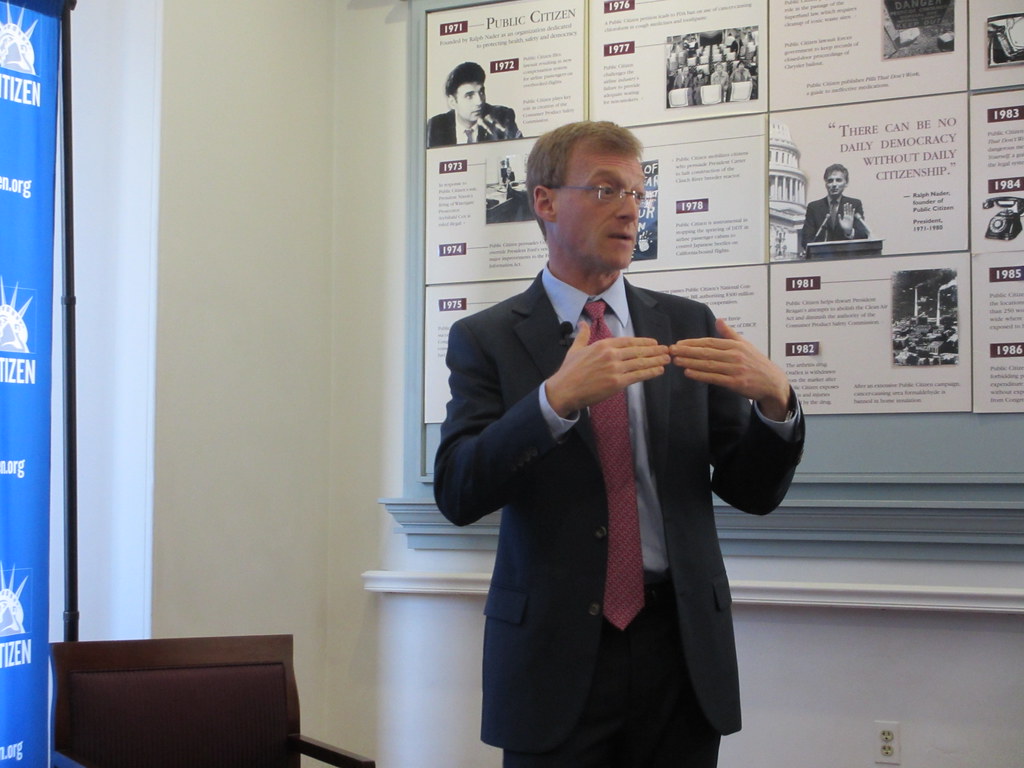
May 17, 2021
Revolver Spotlight: Howard Shelanski
Shelanski, Obama’s second OIRA administrator, now represents monopolies like Facebook and Tyson Foods. His regulatory skepticism and disdain for the emerging antitrust movement would make him a disastrous pick for any role in the Biden administration.
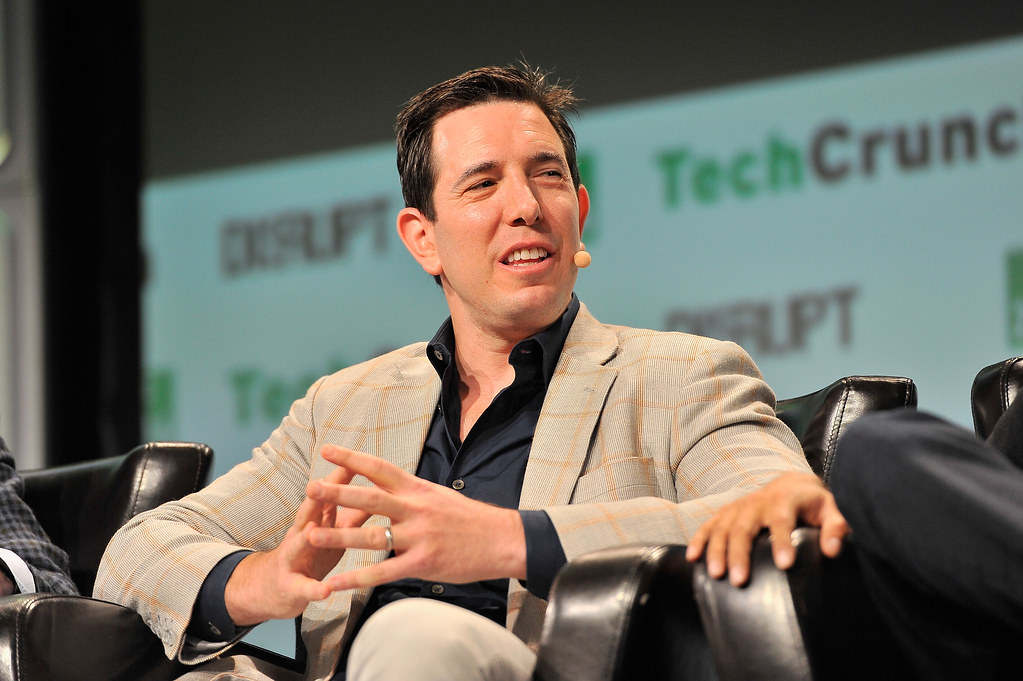
April 19, 2021 | The Daily Beast
Silicon Valley’s Favorite Fixer Aims to Stop the Rising Left
But the old guard continues to wield significant power and will be hard pressed to admit defeat, as exemplified by political strategist Bradley Tusk’s continued success. Some might recall Tusk as New York Mayor Bill De Blasio’s biggest critic. Others know him best as Silicon Valley’s favorite political fixer. Teachers’ unions probably remember him comparing them to the NRA. Tusk’s particular brand of politics—lobbying against regulation on behalf of companies he then invests in—in some ways represents the last gasp of corporate control over government that has run rampant since the Reagan era.
